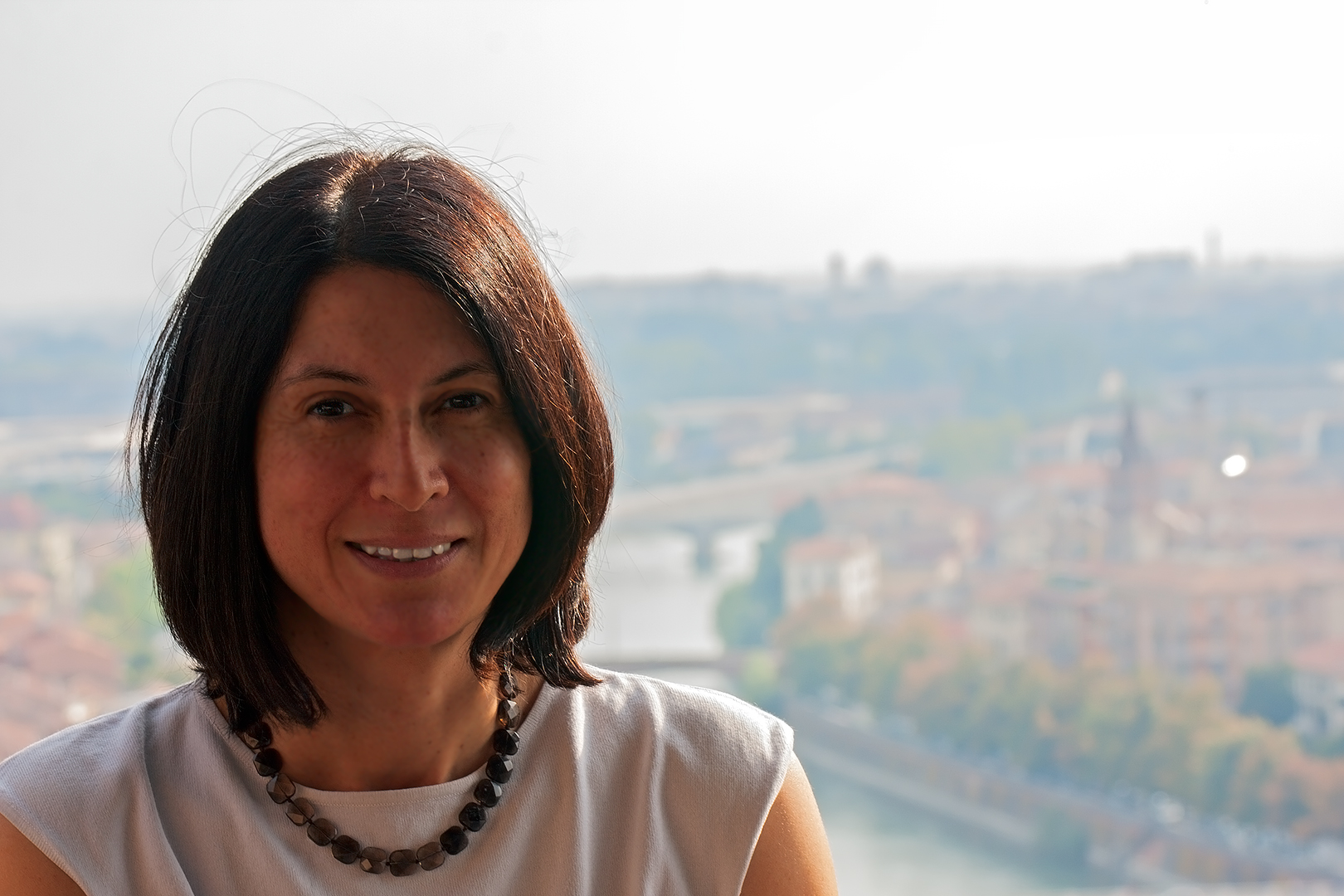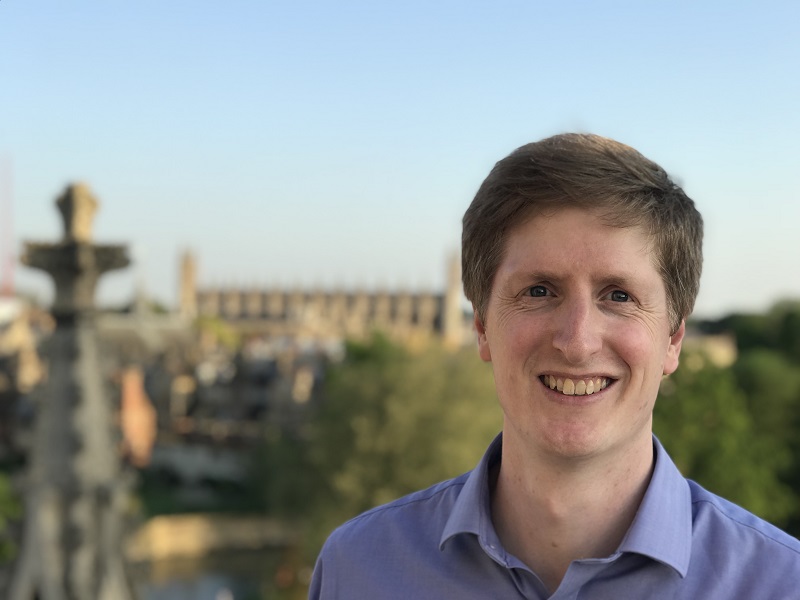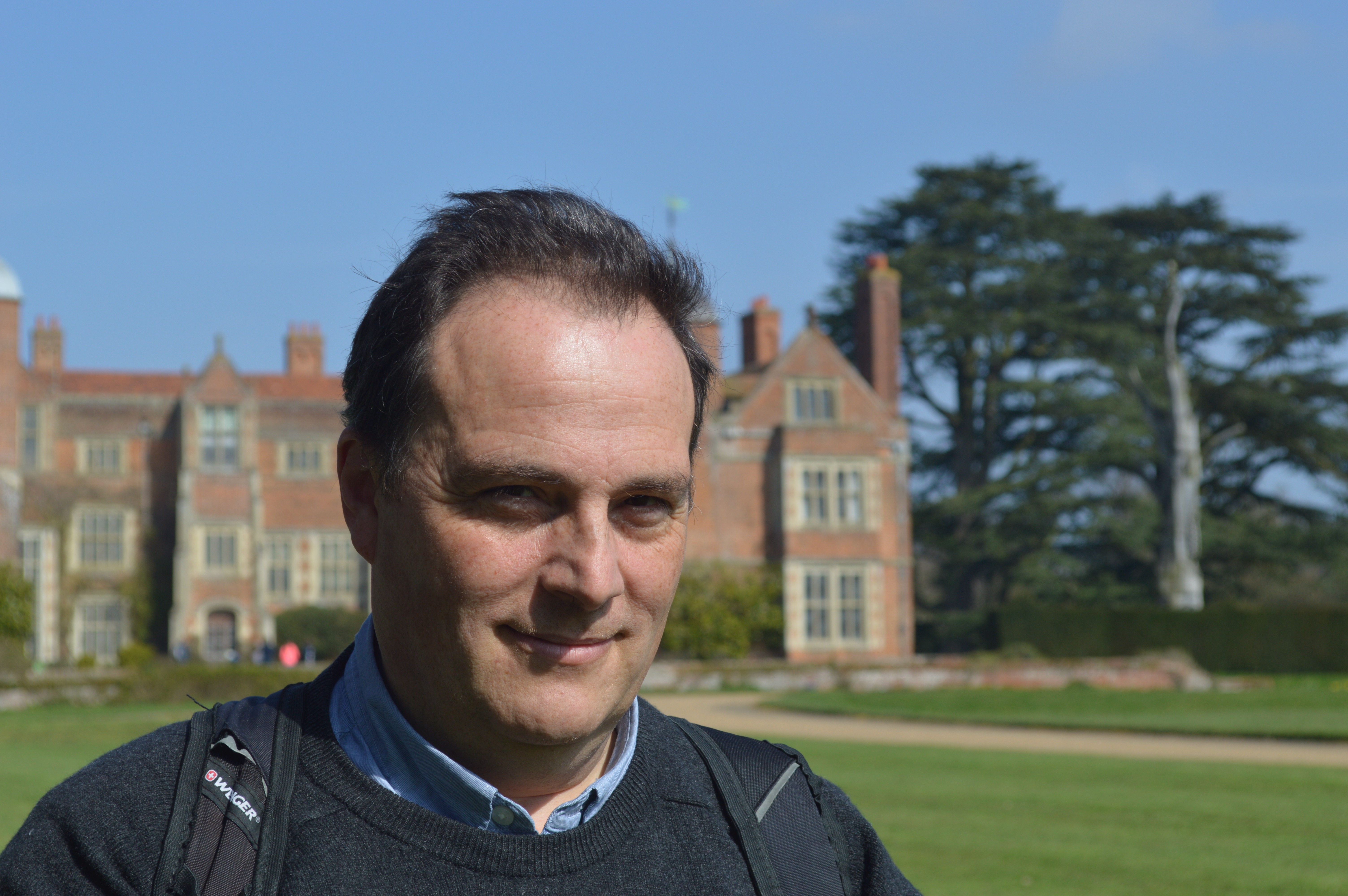Royal Society awards Fellowships to three pioneering St John’s scientists working for the benefit of humanity
“The global pandemic has demonstrated the continuing importance of scientific thinking and collaboration across borders”
The Royal Society has today elected seven outstanding Cambridge researchers to its 2021 Fellowship of eminent scientists – including three academics from St John’s.
Professor Usha Goswami CBE FRS, Professor Richard Samworth FRS and Professor Benjamin Simons FRS are among 60 newly-elected Fellows and Foreign Members to join the world’s longest-running scientific academy. The three St John’s Fellows are pioneers in their respective fields: in the understanding and prevention of dyslexia; the development of modern statistical methodology and theory in the ‘Big Data’ era; and in developmental biology and cancer research through the use of mathematical approaches.
St John's alumnus Professor Sir Ian Boyd FRS, Professor in Biology at the University of St Andrews, was also elected to the Fellowship.
The Royal Society is a self-governing Fellowship made up of the most eminent scientists, engineers and technologists from the UK and the Commonwealth. Its Foreign Members are drawn from the rest of the world. The new Fellows and Foreign Members include one Nobel laureate as well as academics and world-renowned figures from industry.
Sir Adrian Smith, President of the Royal Society, said: “The global pandemic has demonstrated the continuing importance of scientific thinking and collaboration across borders. Each Fellow and Foreign Member bring their area of scientific expertise to the Royal Society and when combined, this expertise supports the use of science for the benefit of humanity.”
“We use neuroscientific insights to understand the mechanisms underpinning developmental language disorders”

Professor Usha Goswami, Professor of Cognitive Developmental Neuroscience and Director of the Centre for Neuroscience in Education, has made fundamental advances in understanding how individual differences in children’s phonological awareness (of word sound structure) underpin reading development and dyslexia across languages.
She pioneered neuroimaging studies of children’s speech patterns and identified a shared sensory and neural basis regarding language disorders in auditory rhythmic processing. The acoustic ‘landmarks’ for speech rhythm provide automatic triggers for aligning speech and brain rhythms, and Professor Goswami has shown that this automatic alignment process can be disrupted, thereby reducing the quality of speech encoding for children and infants with dyslexia.
This research is enabling her to develop listening technologies that could eventually prevent dyslexia. Her research spans from neuron to classroom, providing a causal description of language impairment at sensory, neural and cognitive levels in all languages.
Professor Goswami said: “It is a huge honour to be elected to the Royal Society and a wonderful acknowledgement of our research in the Centre for Neuroscience in Education.
“I have been interested in children's reading and language development since training as a primary school teacher, and we have used neuroscientific insights to understand the mechanisms underpinning developmental language disorders. It is fantastically rewarding for our work to be recognised in this way.”
Joining St John’s as a lecturer in experimental psychology in 1990, Professor Goswami moved to a Chair at University College London in 1997, before returning to the College as a professor in 2003. In 2019 she was awarded the $3.9 million Yidan Prize – the world’s largest education prize – and was made Commander of the Order of the British Empire (CBE) in the Queen’s 2021 New Year Honours for services to educational research.
“I am immensely grateful for the way that St John’s has supported my research career”

Professor Richard Samworth, College Lecturer in Pure Mathematics, University Professor of Statistical Science and Director of the Statistical Laboratory within the Faculty of Mathematics, has made fundamental contributions to the development of modern statistical methodology and theory. These include introducing new data perturbation methods to address challenges caused by the large volumes of data being collected in today’s era of Big Data.
He said: “I was incredibly honoured when I found out I'd been elected a Fellow of the Royal Society. It's a real thrill to become a small part of such a respected institution.”
Professor Samworth arrived at St John’s as an undergraduate in 1996 to read Mathematics and has remained affiliated to the College since, as a Part III student, PhD student, then as a Fellow from 2003.
“The College has been central to my adult life, providing a wonderful educational, social and collaborative environment - I have even written two papers with Fellows of the College,” he said. “I am immensely grateful for the way that St John’s has supported my research career.”
In April he was awarded a €2.1 million Advanced Grant from the European Research Council to help him further explore robust statistical methodology and theory for large-scale data.
“The Royal Society has acknowledged the value of multidisciplinary research that stands at the interface between physics and biology”

Professor Simons, who has been a Fellow at St John’s since 1995, is Royal Society EP Abraham Professor in the Department of Applied Mathematics and Theoretical Physics and a Senior Group Leader at the Welcome Trust/Cancer Research UK Gurdon Institute.
His diverse research includes translating concepts and methods from statistical physics and mathematics to gain insights into human biology, such as the initiation and growth of cancerous tumours. As a theorist, he has also made profound contributions to the understanding of quantum processes at the mesoscopic scale, and produced influential studies in condensed matter physics.
He said: “I’m very happy to have been elected to the Fellowship, and very pleased that it has been such a good year for St John’s College. It is particularly pleasing that, through my election to a Fellowship, the Royal Society has acknowledged the value of multidisciplinary research that stands at the interface between physics and biology.”
Alumnus Sir Ian (matriculated 1979, PhD 1983) is a marine and polar scientist with a focus on the management of marine resources and human impacts on the marine environment. Former Chief Scientific Adviser at the Department for Environment, Food and Rural Affairs, he received a Knight Bachelor in 2019 for services to Science and Economics on Food and the Environment.
The four other Cambridge academics elected to the Royal Society Fellowship are: Professor Julie Ahringer FMedSci FRS; Professor Sadaf Farooqi FMedSci FRCP FRS; Professor Rebecca Kilner FRS; and Professor David Henry Rowitch FMedSci FRS.
The new Fellows and Foreign Members join the ranks of Stephen Hawking, Isaac Newton, Charles Darwin, Albert Einstein, Lise Meitner, Subrahmanyan Chandrasekhar and Dorothy Hodgkin, who all enriched the Society with their expertise.
Sir Adrian said: “Our new Fellows and Foreign Members are all at the forefronts of their fields from molecular genetics and cancer research to tropical open ecosystems and radar technology. It is an absolute pleasure and honour to have them join us.”
Find the full list of new Fellows on the Royal Society website
Published: 6/5/21